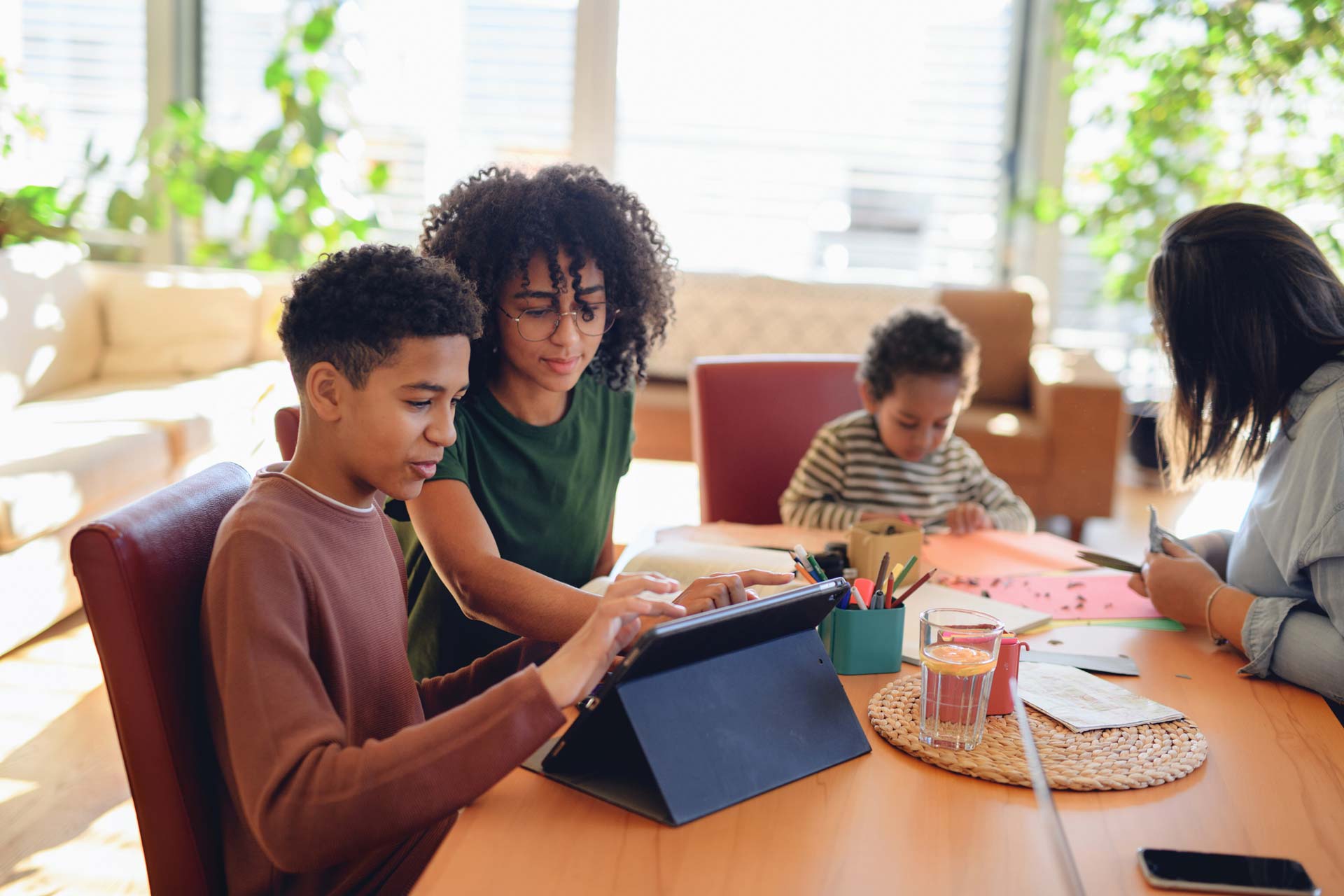Parent-Teacher Conferences in Kindergarten: What To Ask and Expect
- By Admin
- •
- 06 Sep, 2023
- •
Parent-teacher conferences are a crucial time for you to communicate with your child's teacher and better understand your little one's academic progress. For kindergarteners, these conferences can be especially beneficial as parents learn about their child's development and how the teacher is helping them grow.
You need to utilize this time with your child's teacher effectively, which is why you should come into the conference prepared. Here are some key questions to ask during a parent-teacher conference and what you can expect from a conversation with your child's teacher.
What Will Children Learn This Year?
Since kindergarten is a foundational year, you need to understand what your child will focus on and what skills they should develop. Kindergarten typically focuses on social-emotional development, pre-reading skills, and basic math concepts.
Social-emotional development includes learning how to interact with others, forming relationships, and understanding emotions. These skills are just as important as academic ones, especially for young children. They get to understand the building blocks of communication and what it means to be a part of a classroom community.
Pre-reading skills involve identifying sounds and letters, as well as beginning to read basic words. This forms the base for literacy skills before the child has to take on more advanced reading and writing tasks.
Basic math concepts start with counting and simple shapes and move up to basic addition and subtraction around first grade. With these core skills in mind, your child should get a solid foundation and be able to explore more complex problems later on.
Can You Explain Your Teaching Style?
Different teachers have different approaches to teaching, so you'll want to understand how your child's teacher teaches. Different teaching styles can affect how your child learns, especially when understanding abstract concepts. Ask the teacher about how they teach a concept and if any specific method works best with your child.
For example, some teachers may use a more hands-on approach, while others use visuals––depending on which style works better for the child. The learning approach will also help you determine how to support your child at home better. You'll know what types of activities to do together that align with the teaching style in the classroom.
Understanding how your teacher deals with specific learning challenges is also important. Do they have any strategies to help children struggling with specific concepts? What about techniques for managing behavior? You need to know how a teacher deals with these issues in the classroom so you can be on the same page regarding your child's education.
What Can Parents Do to Stay Involved?
Your work as a parent does not end when you drop your child off at school. You also need to figure out ways to stay involved in your child's education and be aware of how they're doing. And although stay-at-home parents may have more time to participate in their child's education, it doesn't mean working parents can't be involved as well.
The teacher should be able to share ideas on staying involved, such as attending special school events or volunteering in the classroom. Many teachers have parent volunteers come into the classroom and help with activities like reading stories or helping students with worksheets.
You can also ask the teacher about upcoming projects or activities you can help complete at home with your child. This is an excellent way to stay involved and allow your child to have a sense of ownership over their learning process. As long you and the teachers remain active in your child's education, it will be a collaborative effort that will allow for more meaningful strides.
At Riviera Daycare & Preschool, we always encourage parents to actively participate in their child's education. And with these tips, you'll be able to make the most out of your parent-teacher relationship and foster a strong foundation for your child's future learning opportunities.






